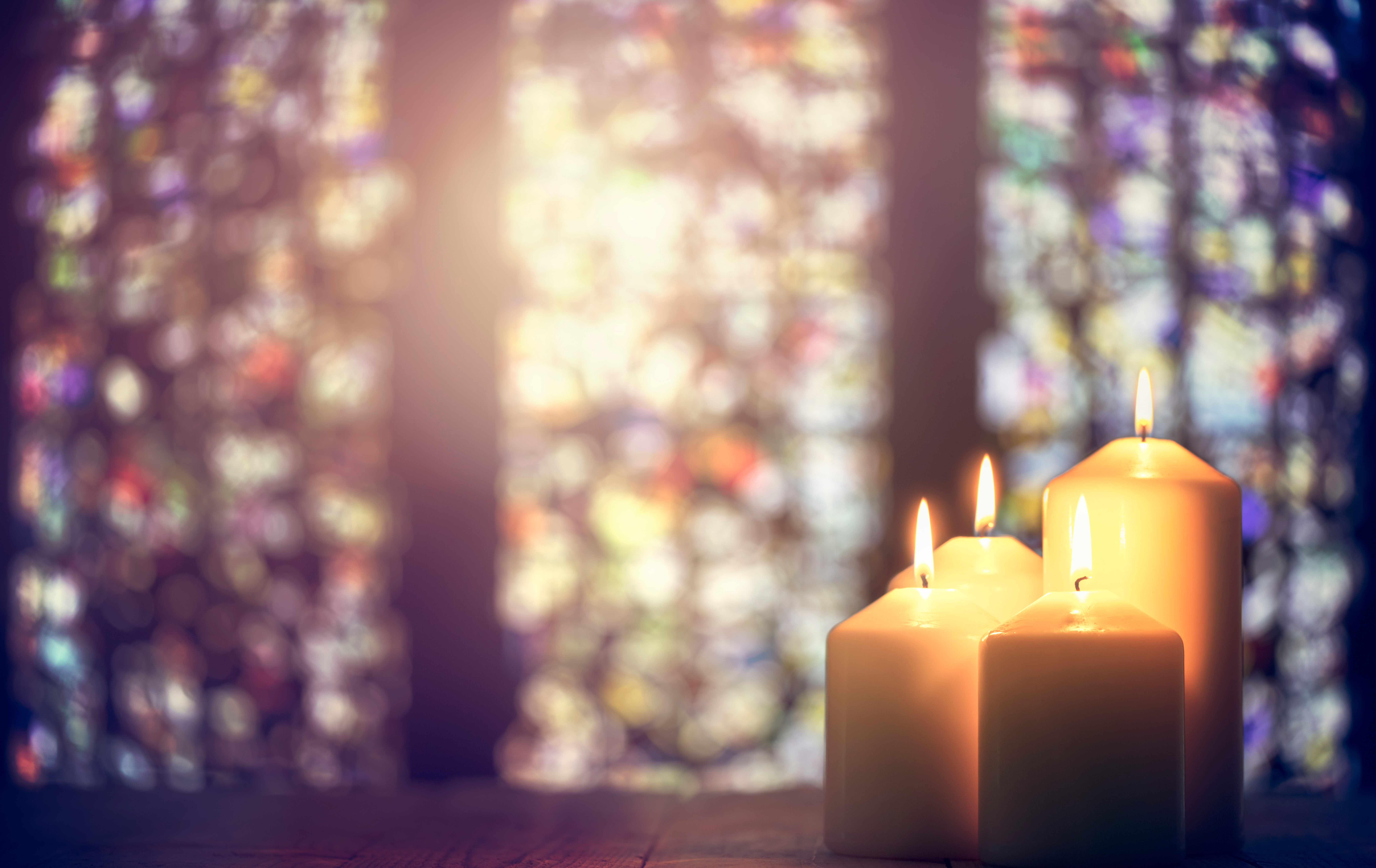Lazarus, Awake
The celebration of Christmas is a reminder that life requires death.

It is not really surprising to find a few pastors who will cancel church on a Sunday Christmas. It’s hard to be surprised by anything lately, and it seems appropriate that the holiday’s journey from sacred to secular would end here, with us all in pajamas, surrounded by as much cheap junk as mammon can buy, and a pastor’s voice over Zoom giving the morning a thin veneer of legitimacy. Jesus is the reason for the season, y’all. Even the pagans had some sense of reverence for their December holiday; the only incarnation we’re meditating on came in an Amazon box.
So reported the New York Times in a recent article titled “O Come All Ye Faithful, Except When Christmas Falls on a Sunday.” The quoted pastors shrug their shoulders: it’s not our fault, they say. No one was showing up anyway. “If everyone from the pews to the pulpit would rather stay home, what is a practical house of worship to do? This year, some Protestant churches are deciding to skip Sunday services completely,” the Times reports. Canceling church on Christmas morning is just pragmatic, it seems.
It’s not as though most pastors didn’t spend a good third of 2020—or more, depending on the church—telling congregants they could commune over a livestream. But the pandemic only encouraged a deference to comfort that was already latent in American Christians. Many churches no longer offer a Christmas morning service when the holiday is on a weekday, and those that do face low attendance. Even on a regular Sunday, the come-as-you-are movement has led us to cushy seats rather than pews, late morning service times for those who wish to sleep in, and above all an eagerness to portray the Messiah as someone more like a therapist than the Son of the Most High God.
Want more of the best conservative thought? Support TAC today!
When arriving at the second largest event of the church calendar, the majority of American pastors and parishioners have preferred to celebrate the night before, so as not to interrupt their Christmas morning presents and brunch—myself included. But Christmas falling on a Sunday this year gives us a good reason to reexamine ourselves.
This pursuit of ease is historically unusual for Christians. We don’t have to turn to the ascetics or flagellants to be reminded that this walk requires discomfort, even pain, for the sake of a belief that is anything but practical. But Christmas in particular is a holiday that commemorates tribulations—from the laboring mother to two long journeys—and a moment in history so miraculous as to defy a down-to-earth faith even as it involves the personhood of God descending from heaven to put on flesh.
T.S. Eliot described the first Christmas from the perspective of the second of these pilgrimages in The Journey of the Magi. He details the three kings’ long and bitter passage to visit the promised Messiah.
A cold coming we had of it, Just the worst time of the year For a journey, and such a long journey: The ways deep and the weather sharp, The very dead of winter.
There was nothing practical about the Magi’s journey from Persia. They crossed half the ancient world on the whisper of a hope that they might gaze upon the face of a king, a Savior, promised in centuries-old prophecies. They could only guess at their end point, following a star to Bethlehem. In Eliot’s depiction, the narrator speaks of plodding “ways deep” and “weather sharp.” Rather than sleeping in, he recalls “sleeping in snatches,” and instead of cheerful carols, he heard “singing in our ears, saying/That this was all folly.” You’re really traveling all that way to see someone who may not exist? Good luck. We can be sure they would have met with at least as much discouragement today, perhaps even from our own lips.
As the poem concludes, Eliot’s tone becomes persistent, sharp: “…But set down/This set down/This: were we led all that way for/Birth or Death?” There was certainly birth, but this birth was “hard and bitter agony for us, like Death, our death.” Here, Eliot’s king seems to speak of Christ’s ultimate crucifixion, but also of the king’s own baptism, the bitter death of the old self and the glorious birth of the new. “I had seen birth and death,/But had thought they were different,” he writes. This birth brings both heartache and joy to the Christian who knows its meaning.
Subscribe Today
Get daily emails in your inbox
This is the beauty of Christmas for the Christian. It is a day of joy that comes only through tribulation—the Magi’s journey, Mary’s labor, and the birth of one who would ultimately die. It is a meaning that becomes visible only when we gaze upon Christ himself: life requires death. Joy comes not from comfort, but from sacrifice.
The Incarnation announces a spirit quite different from the one that stays home on the sabbath, and home on Christmas. The realest things in this life may also be the least practical. Certainly, they are never easy. But these trials are a comfort to us; these deaths bring life. It is fitting that in our remembrance, we take on some small discomfort ourselves and show up in the pews.
For myself, “I should be glad of another death.”
Comments